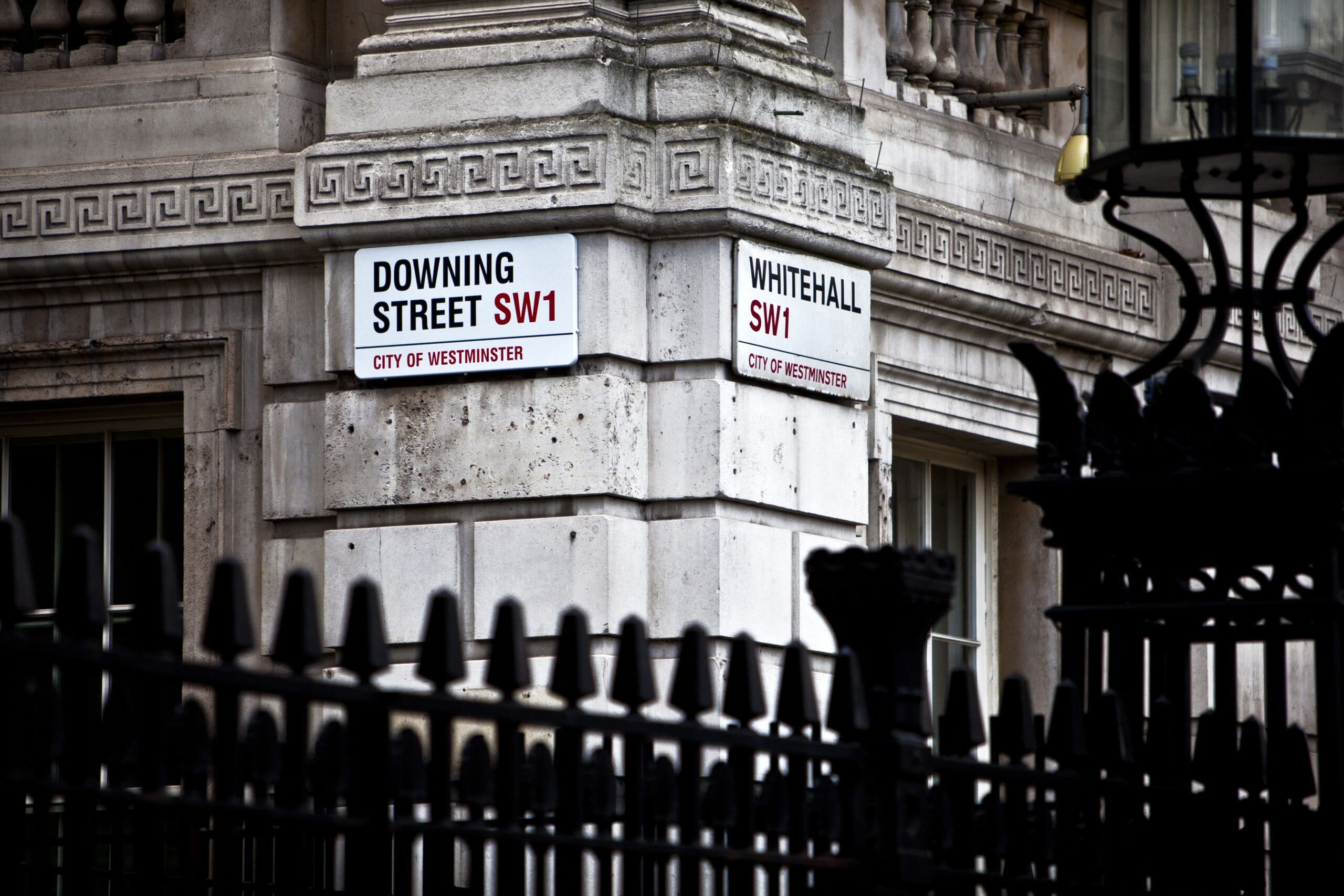
Spring Budget 2024: With an election on the horizon, what can we expect to see?
With the dust having barely settled on last year’s Autumn Statement, Chief Executive of Time Finance, Ed Rimmer, shares his thoughts on the last Spring Budget before the next general election and why businesses should be front and centre for the Chancellor.
The Government’s Autumn Statement last year was a bold one, and the biggie for businesses was the move to make full expensing permanent, which at the time was dubbed the single biggest business tax cut in modern British history. This measure is expected to stimulate £20bn a year in business investment. Given the scale of this measure, it would be fair to say in normal circumstances that further tax cuts would be unlikely this time around. However, this is a pre-election budget, and the Chancellor will pull out all the stops to appeal to a broad spectrum of voters ahead of the yet-to-be-announced election.
Keeping momentum
Between the recent news of economic contraction at the end of last year and the looming election, there is a risk that any progress being made in supporting business - both new and existing - will falter. When both Government and the opposition understandably shift their focus to campaigning for an election, this puts momentum at risk. There are some real signs of optimism in the business community so it’s important the Government keeps this up.
One encouraging sign of optimism is the number of new businesses entering the market. In January this year, data from the Office for National Statistics (ONS) showed that business incorporations rose in 2023, and in the last quarter of the year the number of business incorporations exceeded the number of dissolutions by over 50,000*. This is an encouraging sign of entrepreneurial spirit. This year’s Spring Statement needs to fuel this momentum, because SMEs are our ticket to a return to economic growth.
Stimulating consumer spending
Aside from measures to directly impact businesses, many firms that trade directly to consumers will be looking to this year’s Spring Statement for key announcements that will stimulate spending. Interest rates, inflation and high fuel costs have deterred this. In fact, many attribute the dip in economic growth towards the end of 2023 to a reduction in household spending. The Government needs to act on this.
In November, the Chancellor announced a reduction in the main rate of National Insurance, thereby increasing workers’ take-home pay. This measure was a move largely driven by the cost-of-living crisis, but it gave people marginally more disposable income. This is a potential boost to the revenue streams of some of the hardest-hit SME industries in the UK, namely hospitality and retail. These sectors rely heavily on business finance to manage cash flow and support growth. When we think back to the financial crisis of 2008, steps to increase consumer spending included a temporary reduction in VAT. Now, our current situation differs greatly from the economic situation in 2008, but could the Government take some inspiration from its historic response to recession? Income tax reductions would be a bold and costly move, but putting money in the pockets of working people would have widespread benefits and ultimately support those small businesses that rely on consumer spending.
The outlook for inflation
Even the forecasts of the Office for Budget Responsibility are mere predictions, but with inflation currently sitting at 4% - more than half the rate this time last year - there are encouraging signs that it’s consistently heading in the right direction, increasing hope that interest rates will continue to fall. Businesses can expect an update on this progress in this year’s Spring Statement. Regardless of the impending election, if inflation and interest rates stay low, this will have a positive impact on optimism and as we know, optimism is fundamental to our economic strength.
* Incorporated companies in the UK October to December 2023, ONS, 25 January 2024